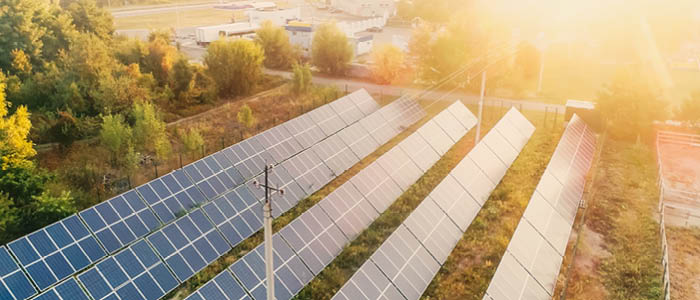Inga Kostogriz-Vaitkiene, Partner at CEE Attorneys in Lithuania, reports that her country’s economy is doing quite well at the moment and that additional regulation ensures the public procurement system will become greener. She also notes that there are two controversial laws in the pipeline related to cannabis use and LGBTQ+ rights.
The Buzz in Romania: An Interview with Lucian Danilescu of Danilescu Hulub & Partners
Despite a bit of political uncertainty, Lucian Danilescu, Partner at Danilescu Hulub & Partners, is excited over Romania's macro-economic indicators and its potential upcoming infrastructure projects.
The Buzz in Greece: Interview with Nassos Felonis of Bahas, Gramatidis & Partners
Even with the delta variant being prominent in Greece, the country seems to be on an upward trajectory, according to Nassos Felonis, Partner at Bahas, Gramatidis & Partners.
Croatia: Transporting Ourselves out of the Crisis, One Step at a Time
Just over a year ago, 2020 was shaping up to be a good one for the Croatian Transportation and Infrastructure sector. Croatia was presiding over the Council of the EU, and the Ministry of Transport & Infrastructure, one of its most active ministries, had several interesting projects in the pipeline. Osijek was due to become the first 5G city in Croatia by year’s end, and major investment deals were planned to strengthen existing road and railway infrastructure. But then COVID-19 happened and dealt a complicated hand to both transport and infrastructure.
Turkey’s Transportation Leap and the 1915 Canakkale Bridge and Highway Project
Strong investments in the Turkish infrastructure sector have been the driving force behind Turkey’s economic development. In the last decade, several investments referred to as “mega-projects” have gained much attention, such as the completed Eurasian Tunnel in Istanbul, a road transport tunnel running under the Bosphorus to connect the European and Asian sides of Istanbul; the new Istanbul Airport, increasing capacity from over 100 million to over 200 million passengers per year; the third Istanbul Bridge, still one of the largest projects with construction costs of around TRY 4.5 billion (although it fell short of expectations and required USD 2.7 billion in refinancing from ICBC and still could not be executed due to the pandemic). One of the most recent projects is the 1915 Canakkale Bridge and Highway Project.
Czech Republic: Czech Payers of German Truck Toll May Request Partial Refunds
Due to Germany’s economic importance and its strategic position at the heart of Europe, it certainly rings true to many Czech motor carriers that (almost) “all roads lead to Germany.” The dependence on the vagaries of German toll policy, however, have forced Czech motor carriers to swallow two bitter pills in the past four years. First, back in July 2018, the German government extended tolls to all federal roads, which led to some 40,000 kilometres of roads now being part of the toll system.
Good Climate for PPP in Poland
The coronavirus pandemic and accompanying restrictions introduced by the majority of countries around the world are having a major impact on the development of global and local economies. It seems that carrying out infrastructure investment projects may help with rebuilding the economic and financial condition of countries negatively affected by the coronavirus.
































